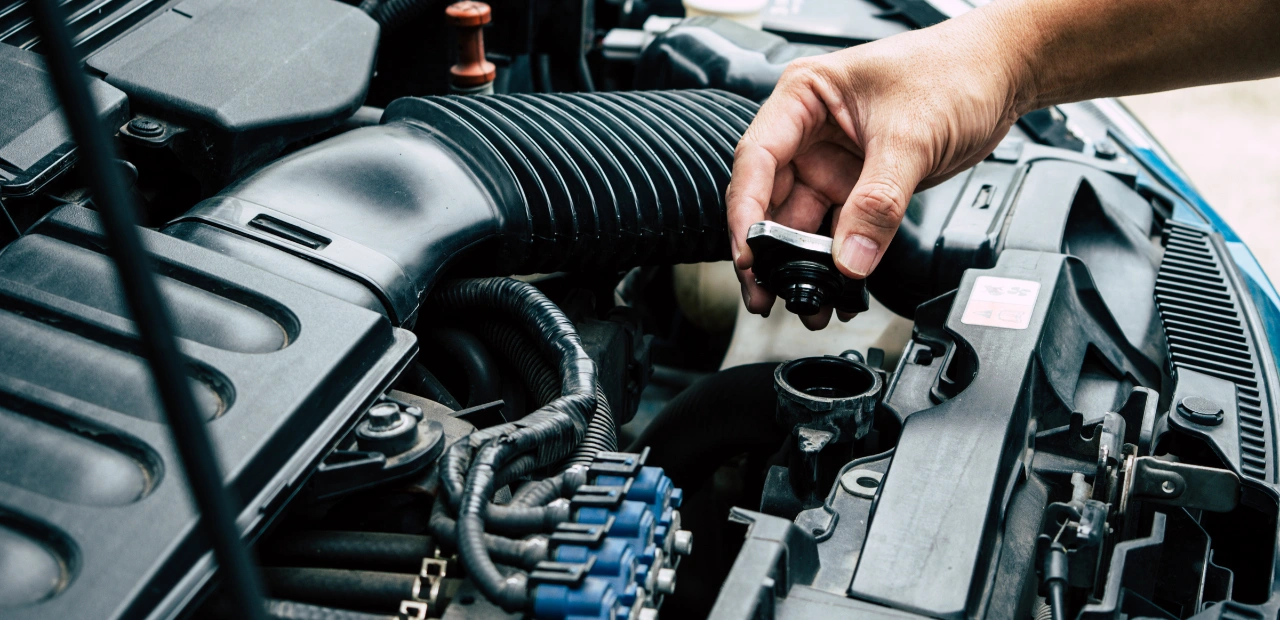Maintenance of Efficient Cars

The Importance of Regular Check-ups for Your Fuel-Efficient Vehicle
Regular check-ups for your fuel-efficient vehicle are crucial for maintaining its performance and longevity. These check-ups allow skilled technicians to inspect all components and identify any underlying issues that may compromise your car's overall efficiency. By addressing these issues promptly, you can prevent major breakdowns and costly repairs down the road.
During a regular check-up, the technician will examine various aspects of your vehicle, including its engine, exhaust system, brakes, and electrical components. They will also ensure that your vehicle's fuel system is running optimally and check for any signs of leaks or malfunctions. By identifying and addressing potential problems early on, you can not only save money but also prevent a decrease in fuel efficiency that may occur as a result of neglected maintenance.
Understanding the Key Components of Efficient Cars and How to Keep Them in Top Shape
Efficient cars are designed with specific key components that contribute to their overall fuel efficiency. These components include the engine, transmission, aerodynamics, and tires. Each of these components plays a crucial role in optimizing the car's performance and ensuring it operates at its highest level of efficiency.
To keep these key components in top shape, regular maintenance is essential. This includes timely tune-ups, oil changes, and air filter replacements. Proper maintenance not only extends the lifespan of these components but also ensures that they continue to function optimally, contributing to the overall fuel efficiency of the vehicle. Regular inspections and servicing by qualified technicians are crucial in identifying and addressing any potential issues before they escalate, preventing costly repairs and maximizing the car's efficiency and performance.
By understanding the key components of efficient cars and taking proactive steps to keep them in top shape, car owners can not only save on fuel costs but also reduce their carbon footprint. Investing in regular maintenance and taking care of these components is not only beneficial for the environment but also for the long-term performance and reliability of the vehicle.
Maximizing Fuel Efficiency: Tips for Proper Tire Care and Maintenance
Proper tire care and maintenance are essential for maximizing fuel efficiency in your vehicle. One of the key aspects to consider is maintaining the correct tire pressure. It is important to regularly check and adjust the tire pressure to ensure optimal performance. Underinflated tires can create unnecessary friction, causing your vehicle to require more energy to move forward, ultimately leading to decreased fuel efficiency. On the other hand, overinflated tires can result in decreased traction and stability, affecting your vehicle's ability to maneuver and potentially leading to unsafe driving conditions. Therefore, it is crucial to regularly check your tire pressure and inflate them to the recommended level specified by the vehicle manufacturer.
In addition to proper tire pressure, another factor that plays a significant role in fuel efficiency is tire tread depth. Worn-out or balding tires can lead to decreased traction, especially on wet or slippery surfaces. Not only does this pose a safety risk, but it also requires your vehicle's engine to work harder to maintain stability and control. By regularly inspecting your tire tread depth and replacing worn-out tires, you can ensure optimal fuel efficiency and improve the overall performance of your vehicle. Additionally, rotating your tires at regular intervals helps to distribute wear evenly, maximizing their lifespan and ultimately reducing the need for frequent replacements. By adhering to these simple tire care and maintenance practices, you can enjoy optimal fuel efficiency and a smoother driving experience.
The Role of Engine Maintenance in Enhancing the Efficiency of Your Vehicle
When it comes to enhancing the efficiency of your vehicle, engine maintenance plays a crucial role. The engine is the heart of any vehicle, and keeping it in top shape can significantly improve fuel efficiency. Regular engine maintenance involves several key steps. Firstly, it is important to check and change the engine oil regularly. This helps to keep the engine lubricated and prevents friction, allowing it to run smoothly and efficiently. Additionally, replacing the air filters is essential as they help to keep out dirt and debris that can clog the engine and decrease its efficiency. By incorporating these maintenance tasks into your regular vehicle care routine, you can ensure that your engine operates at its best, resulting in improved fuel efficiency and overall performance.
In addition to regular maintenance tasks, there are other factors that can impact the efficiency of your engine. One such factor is the condition of your spark plugs. Spark plugs play a vital role in igniting the fuel in the engine, and if they are worn out or dirty, they may not be able to create a proper spark. This can lead to a decrease in fuel efficiency as well as problems with engine performance. Regularly inspecting and replacing spark plugs when necessary can help to maintain optimal engine efficiency. Furthermore, keeping the engine properly tuned is also important. This includes checking and adjusting the ignition timing, as well as ensuring that the fuel and air mixture is correct. A well-tuned engine not only increases fuel efficiency but also helps to reduce emissions, contributing to a cleaner and greener environment. By prioritizing engine maintenance and taking proactive measures to keep your engine in excellent condition, you can enhance the efficiency of your vehicle and enjoy the benefits of improved fuel economy.
The Impact of Clean Air Filters on Fuel Efficiency and How to Replace Them
Clean air filters play a vital role in the fuel efficiency of vehicles. When the air filters are clean and functioning properly, they ensure that only clean air enters the engine, allowing for efficient combustion of fuel. On the other hand, dirty or clogged air filters restrict the airflow and cause the engine to work harder to draw in air, resulting in decreased fuel efficiency. This can lead to increased fuel consumption and decreased performance of the vehicle. Therefore, it is important to regularly clean or replace the air filters to maintain optimal fuel efficiency.
Replacing air filters is a relatively simple task that can be done by most vehicle owners. The first step is to locate the air filter housing, which is usually located near the engine. Once located, the housing can be opened by removing the clips or screws that hold it in place. Carefully remove the old air filter and inspect it for any signs of dirt or damage. If the filter appears dirty or is more than 12,000 to 15,000 miles old, it is recommended to replace it with a new one. The new filter should be installed in the same orientation as the old filter and the housing should be securely closed. By regularly replacing air filters, you can ensure optimal fuel efficiency and extend the life of your vehicle's engine.
Efficient Cars and the Significance of Regular Oil Changes
Efficient cars require regular oil changes to ensure optimal performance and fuel efficiency. Oil serves as a lubricant for the engine, reducing friction and heat. Over time, oil breaks down, loses its lubricating properties, and can become contaminated with dirt and debris. This can lead to increased engine wear and reduced fuel efficiency. By adhering to a regular oil change schedule, owners of efficient cars can extend the life of their engine and maximize their vehicle's fuel economy.
Regular oil changes also help to maintain proper engine function and prevent potential damage. As oil ages, it becomes thick and sludgy, making it less effective at reaching all the necessary parts of the engine. This can result in the engine working harder, which in turn increases fuel consumption. Additionally, old oil can cause buildup in the engine, leading to decreased efficiency and potential engine damage. By changing the oil at the recommended intervals, efficient car owners can ensure that their engine remains clean, properly lubricated, and capable of delivering optimal fuel efficiency.
